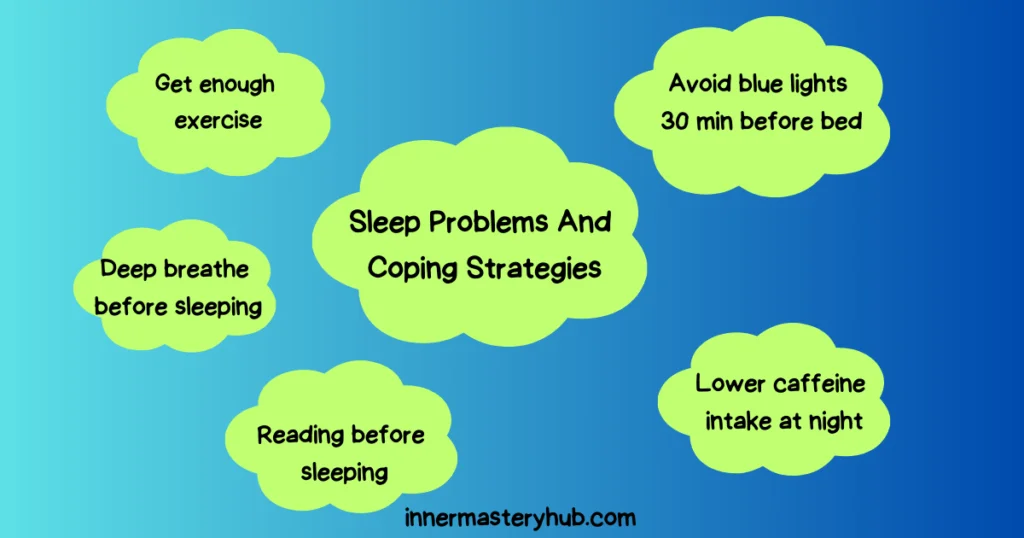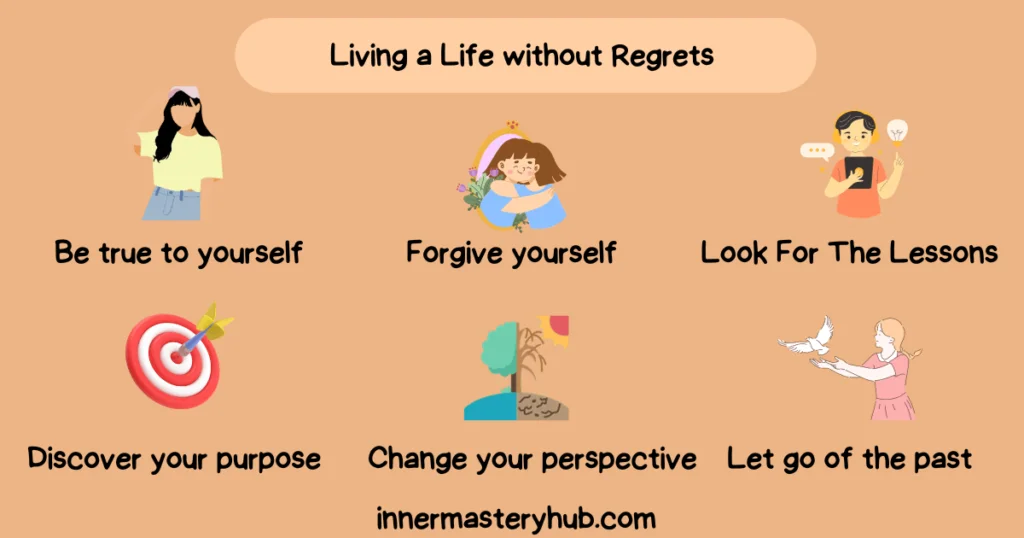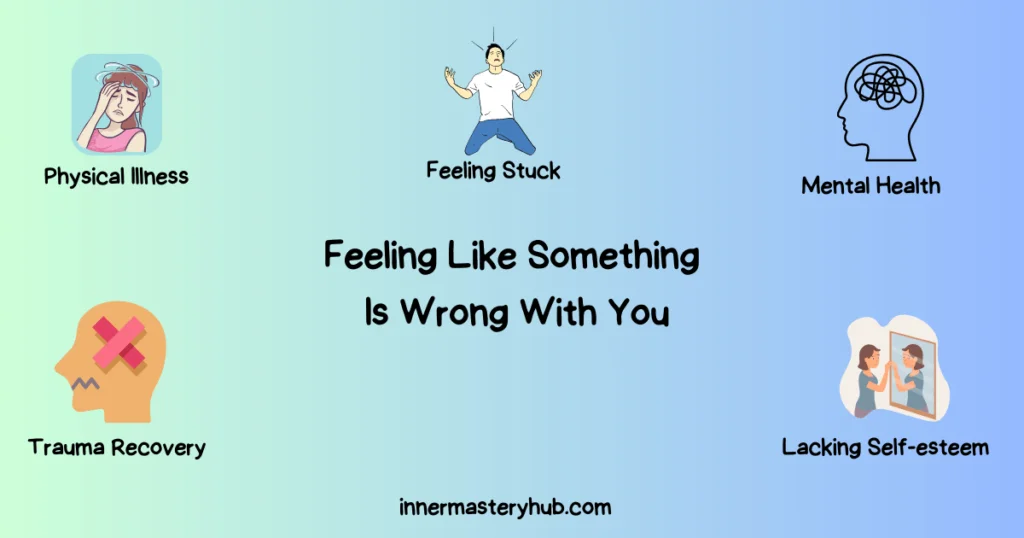
When teens face mental health challenges or substance abuse issues, their education often takes a backseat. At youth mental health academy We believe that healing and learning can happen together.
We combine academic support in treatment , so young people don’t fall behind in school while working on their recovery. This approach helps with both immediate mental health needs and long-term goals for school and personal growth.
Table of Contents
Key Points while providing Academic support in treatment
⦁ Academic support in treatment is crucial for teens in substance abuse treatment
⦁ Personalized learning plans help address individual needs
⦁ Trauma-informed education considers the impact of trauma on learning
⦁ Integrating mental health support with academics provides holistic care
⦁ Preparing students for reintegration into regular schools is essential
Understanding the Need for Academic Support in Treatment
Mental health issues and substance abuse can really affect how well a student does in school. Research shows that students dealing with these problems often get lower grades, feel less motivated, and are more likely to drop out.
By helping with both mental health and school, we create an environment that supports overall well-being and future success. This approach helps students keep up with their studies and also helps with their recovery by giving them structure, purpose, and a sense of normal life.
We know that school affects teen mental health in big ways. The stress of grades, friends, and after-school activities can make mental health problems worse. That’s why our program creates a supportive, low-stress learning environment that goes along with the healing process.
We try to balance things so that school work helps with recovery, not make it harder. We see that doing well in school can be a big motivator and boost self-esteem for teens in treatment.
Best Approach of treatment with academic support
Our way of including education in treatment is personalized and covers many areas. We know each student comes to us with different needs, challenges, and school backgrounds. So, we make individual academic plans that fit with each student’s treatment goals and school requirements.
This tailored approach makes sure no student is left behind and each person gets the specific help they need to do well in both school and recovery.
Key parts of our academic support in treatment program include
⦁ One-on-one tutoring with qualified teachers who are trained in trauma-informed practices.
⦁ Small group instruction to encourage learning together and developing social skills.
⦁ Flexible scheduling that fits with therapy sessions and treatment activities.
⦁ Regular progress checks to make sure students stay on track and to quickly find areas where they need more help.
⦁ Working with home schools to keep academic continuity and make it easier to go back to regular school.
⦁ Using adaptive learning technologies to support individualized instruction and track progress
By providing comprehensive teen mental health support, we create an environment where students can focus on both their recovery and their education without feeling overwhelmed. Our goal is to help students see their school journey as an important part of their healing process, not as something separate or competing with it.
Creating a Supportive Learning Environment
We believe that the learning environment is really important for a student’s recovery and school success. Our classrooms are designed to be safe, nurturing spaces where students feel comfortable expressing themselves and taking academic risks.
We pay careful attention to things like lighting, seating arrangements, and noise levels to create the best learning atmosphere that works for students who might be sensitive due to mental health and substance abuse recovery.
We use trauma-informed educational practices that consider the unique experiences and needs of each student. This approach helps create a sense of safety and trust, which is essential for both healing and learning.
Our teachers are trained to recognize signs of distress and provide appropriate support, ensuring that students feel understood and valued throughout their academic journey. This might include offering quiet spaces for students who need to decompress, adding movement breaks into lessons, or providing different ways for students to show what they know beyond just taking tests.
Addressing Specific Mental Health Challenges in the Classroom
One of the unique things about our program is how we deal with specific mental health challenges in the classroom. For students struggling with anxiety or depression, we include coping strategies and stress management techniques in daily lessons.
This might mean doing short mindfulness exercises before tests or practicing breathing techniques to help manage overwhelming emotions during class. We also work on building resilience and self-confidence, helping students develop a growth mindset that can support both their school progress and their overall mental health.
For those recovering from substance use, we provide targeted support to help them stay focused on their school goals while maintaining their sobriety. This includes regular check-ins, peer support groups, and strategies for managing triggers that may come up in a school setting.
We also include substance abuse education in relevant subjects, helping students understand the science behind addiction and recovery in a way that strengthens their commitment to staying sober.
The Role of Educators in the Healing Process
We believe that teachers play a vital role in the healing process. Our teachers are more than just instructors; they are caring mentors who understand the complex relationship between mental health and school performance.
We give our educational staff a lot of training to make sure they can support students with different needs and challenges. This training includes understanding how trauma and addiction affect the brain, recognizing signs of mental health crises, and using proven strategies to support students in recovery.
Our teachers work closely with mental health professionals to create a seamless support system for each student. This teamwork ensures that school goals line up with treatment objectives, creating a unified approach to each student’s recovery and educational journey.
Regular team meetings allow for sharing insights and strategies, ensuring that each student receives consistent, informed support across all aspects of their treatment and education.
Tailoring Academic Support in treatment to Individual Needs
We understand that no two students are alike. That’s why we take a highly individualized approach to academic support in treatment. When a student enters our program, we do a thorough assessment of their school history, learning style, and current educational needs.
This assessment, combined with input from our mental health professionals, forms the basis of a personalized learning plan. This plan is flexible, changing as the student progresses through treatment and their academic needs change.
Our tailored academic support in treatment includes:
⦁ Customized curriculum that matches the student’s home school requirements while fitting their current abilities and treatment needs
⦁ Accommodations for learning differences or disabilities, including assistive technologies and specialized teaching strategies
⦁ Focused skill-building in areas where the student is struggling, with an emphasis on building confidence and ability
⦁ Advanced placement or college prep courses for high-achieving students, ensuring they remain challenged and engaged
⦁ Credit recovery options for students who have fallen behind, with flexible completion timelines
⦁ Integration of job skills and life skills training for students nearing the end of their high school education
Balancing Academic Pressure and Mental Well-being
One of the biggest challenges for students in treatment is managing school stress while focusing on their mental health. We’ve developed strategies to help students find this delicate balance.
We recognize that academic pressure can be a big trigger for mental health issues and substance abuse, so we work hard to create an environment where learning is challenging yet supportive.
We teach time management and study skills that help students work efficiently without becoming overwhelmed. Our teachers also work with students to set realistic academic goals, breaking larger tasks into manageable steps.
This approach helps reduce anxiety and builds confidence as students achieve small victories along the way. We also emphasize the importance of self-care and teach students how to recognize when they need to take a break or ask for more help.
Measuring Progress: Academic and Therapeutic Outcomes
We believe it’s important to track progress in both academic and therapeutic areas. Our integrated approach allows us to see how improvements in mental health relate to academic achievements, and vice versa.
This comprehensive view of student progress helps us refine our approach and provide targeted support where it’s most needed.
We use a variety of tools to measure progress, including:
⦁ Regular academic assessments and progress reports that track both grades and skill development
⦁ Therapeutic milestone tracking that aligns with academic goals and achievements
⦁ Self-reported well-being surveys that gauge students’ perceptions of their progress and challenges
⦁ Feedback from educators, therapists, and family members to provide a 360-degree view of each student’s growth
⦁ Standardized testing to ensure students are meeting or exceeding grade-level expectations
⦁ Portfolio assessments that showcase students’ best work and demonstrate progress over time
Preparing for Transition: From Treatment to Regular Schooling
As students progress through our program, we begin to focus on preparing them for the transition back to their regular school environment. This process is gradual and carefully managed to ensure that students feel confident and ready for the change.
We recognize that this transition can be a vulnerable time for students in recovery, so we put significant effort into making it as smooth and supportive as possible.
Our transition preparation includes:
⦁ Gradually increasing academic workload to mirror a typical school day, helping students build stamina and time management skills
⦁ Role-playing exercises to practice handling potential challenges, such as peer pressure or academic stress
⦁ Coordinating with the student’s home school to ensure a smooth academic transition, including sharing progress reports and recommended accommodations
⦁ Developing a post-treatment support plan, including ongoing therapy and academic support if needed
⦁ Family education sessions to help parents and siblings support the student’s continued success
⦁ Creating a “transition portfolio” that includes coping strategies, academic achievements, and personal goals for the student to reference
⦁ Arranging follow-up check-ins with staff to monitor progress and provide additional support if needed
Conclusion: The Synergy of Healing and Learning
We’ve seen firsthand the powerful impact of integrating academic support with mental health treatment. By addressing both aspects simultaneously, we create a synergy that enhances overall outcomes for our students. This holistic approach not only aids in recovery but also sets the foundation for long-term success in all areas of life.
Students who participate in our program not only make significant strides in their mental health and recovery but also often experience improved academic performance, increased self-confidence, and a renewed enthusiasm for learning. These benefits extend far beyond their time in treatment, setting the foundation for long-term success in both their educational pursuits and personal well-being.
We remain committed to refining and improving our approach, always striving to provide the best possible support for young people facing mental health and substance use challenges.
By balancing healing and learning, we help our students build a brighter, healthier future. Our program shows that with the right support, it’s possible to overcome mental health and substance abuse challenges while still pursuing academic goals and personal growth.
If you’d like to learn more about our approach to academic support in treatment, please contact us. We’re here to answer your questions and help you explore how our program can benefit your teen. We believe in the potential of every student to heal, learn, and thrive, and we’re dedicated to providing the comprehensive support needed to make that potential a reality.
RELATED POST
My 3-Step Inner Child Healing Journal Prompts to Reparent Your Younger Self






